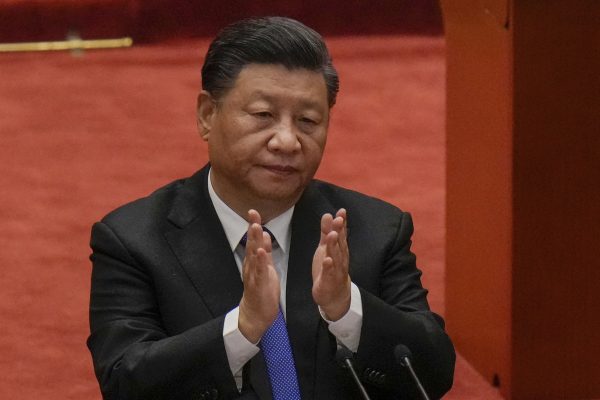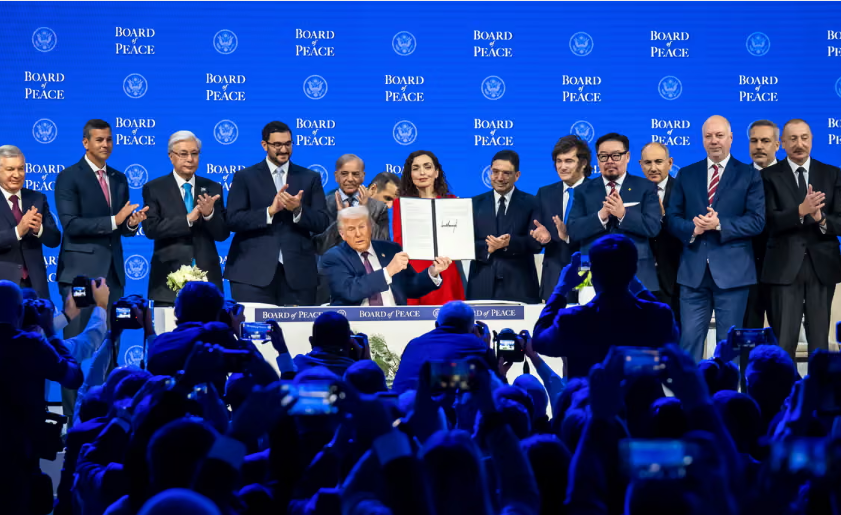Foreign Companies Face Unprecedented Risk in China
The zero-COVID policy has hit foreign companies in China hard, prompting many companies to consider relocating their investments outside China. Xinhua, the mouthpiece of the Chinese Communist Party (CCP), issued an article on 12 May calling on foreign businessmen not to leave. However, European and the US companies in China have expressed concern about an increasingly unstable investment climate due to seemingly unending lockdowns and severe disease control measures.
The policy of clearing COVID has made the outside world question its effectiveness and worried that blockades will continue in the future, causing enterprises to be trapped for a long time. On 5 May, the European Union Chamber of Commerce in China released a report saying that in a recent survey, European companies said that China’s zero policy on the epidemic had severely hit their supply chains, and they were forced to cut staff, lower revenue forecasts. Nearly a third of those companies said they had made layoffs.
European companies in China are increasingly looking to divert their investments to other markets. According to the internal survey, 23 per cent of the 372 companies that responded were considering moving current or planned investments out of mainland China, more than double the January survey and the highest percentage in a decade. About 78 per cent of respondents said mainland China is now less attractive to investors due to the so-called zero-clearing policy.
In a letter to China’s State Council and Vice Premier Hu Chunhua, the EU Chamber of Commerce made it clear that “the ‘old toolbox’ of mass testing and isolation cannot meet the challenges posed by the Omicron variant.”
“We’ve seen the damage to our business,” said Jorg Wuttke, President of the European Union Chamber of Commercein China, adding that companies are putting investment on hold because of what’s happening in China.
In addition to European companies in China, American companies in China have also lowered their investment confidence due to the zero-clearing policy. The American Chamber of Commerce in China said on 9 May that 58 per cent of US companies in China lowered their annual revenue forecasts, and 51 per cent of US companies will reduce or delay their investment in China. Chairman of the American Chamber of Commerce, Colm Rafferty said that the authorities’ anti-epidemic measures have hit American companies’ confidence in investing in China, and companies “still see no light at the end of the tunnel.”
But the virus outbreak has put Beijing’s zero COVID policy under its greatest test, and massive lockdowns have brought economic activity to a halt in major cities. At least 31 cities are under full or partial lockdown. In April, China’s gigantic services sector contracted at the second sharpest pace on record as lockdowns hit small businesses hard. Its manufacturing sector also shrank sharply, sending the economy backwards.
Tedros Adhanom Ghebreyesus, Director-General of the World Health Organization, made the WHO’s views clear on 10 May. He said Beijing’s zero policy was unsustainable given what is currently known about COVID-19. Tedros also said the WHO has discussed the issue with Chinese experts. He said increased understanding of the virus and better ways to fight it also showed it was time to change tack. Tedros’ views and suggestions on the zero policy were subsequently blocked on Chinese social media.
China’s leader, Xi Jinping, recently asked the whole of society to go all out to boost the country’s economy through infrastructure investment. This showed growing concern within Beijing about the outlook for economic growth.













